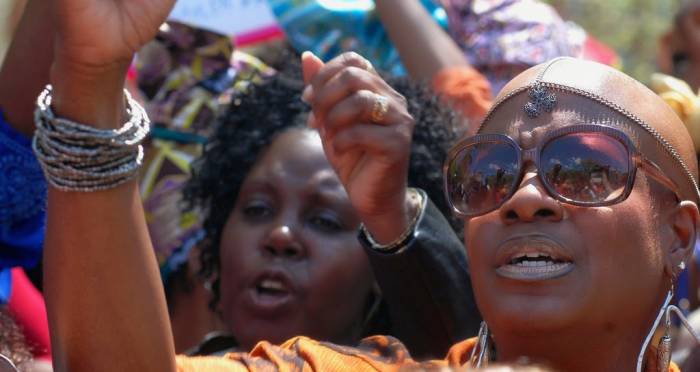
Hafsat Mohammed is a 33-year-old woman who quit her job as a radio journalist to become an activist. She used to work at the Interfaith Mediation Centre, which is an organisation was founded by a Muslim imam and a Christian pastor that addresses interreligious violence. Now, she devotes her time to speaking out against terrorist group Boko Haram in Nigeria.
She survived a deadly attack
When she was on the way to the capital of Borno State, her bus was stopped by armed men. They forced everyone off of the bus, beat the passengers with their guns, and then opened fire. Five passengers were killed in the attack. Mohammed was one of the survivors. “I was praying in my mind. I did not dare pray out loud,” she says. The attack, which was terrifying, motivated her to fight against the armed group. She added:
“I was in that bus and I saw hell. But it motivates me to work for peace…It motivated me to go back to the northeast. It was something that kept on bothering me: ‘What do you do to conquer this?”
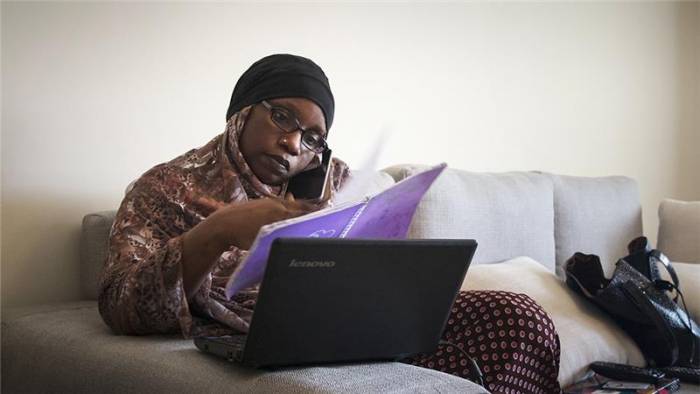
{adinserter CNP5}
Engaging the youth
Mohammed believes that in order to conquer the violence of these terrorist groups, people “have to make sure their voice is lifted in such a way that they counter those violent messages and ideologies.” With community-led efforts, like the Interfaith Mediation Centre, young people are able to build a different future. She is disturbed by the number of young men killed in these attacks.
“It became a problem for me, knowing I have a brother, I have teenage cousins, I have a son. What can we do to prevent it, to show that this is not the way?” she wonders.
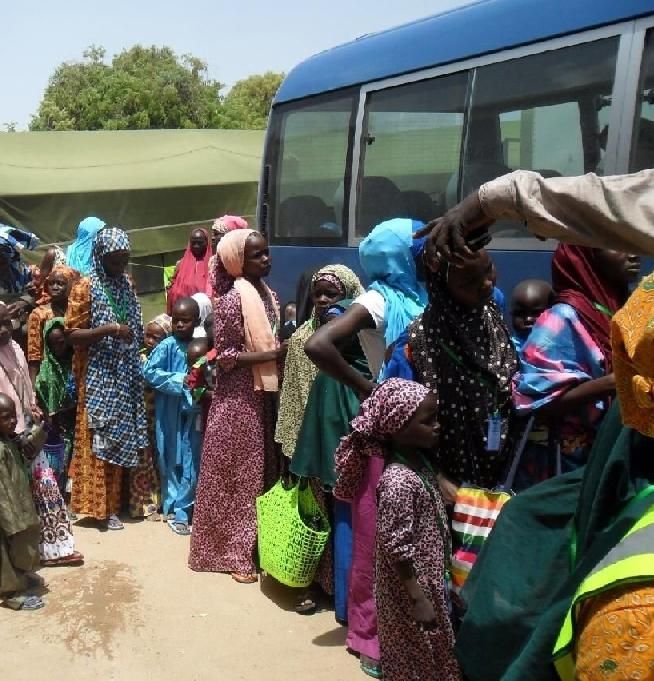
Making sacrifices
Schools are frequently attacked, causing Borno to close about 85 facilities. Mohammed made the tough decision to move her two children and her father to Kaduna, a much safer area while she moved to Yobe State. Yobe is even further northeast and closer to the danger.
“I thought, what if every individual said, ‘Let’s counter this message by preaching good’? … I felt obligated to do something.”
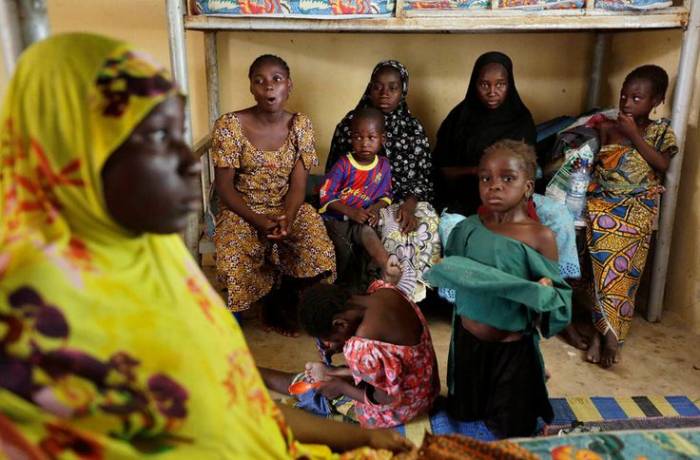
Defying social stigmas
Women are often the victims of terrorist attacks, but social stigmas prevent them from getting heavily involved in counterterrorism efforts. There are plenty of women speaking out, but it is not always easy.
“Some felt I was being disrespectful, that I wasn’t being a lady, that I should be at home, married, having babies like a baby factory, but that wasn’t what I was created for,” she says. “I am confident, I am strong, I am a Muslim, I am an anti-violent-extremism activist, I advocate against it and I will do whatever I can to stop it. A lot of time I talk in front of people and they say, ‘You’re a woman, you don’t need to talk.’ And I say, ‘Yes, I will talk.’ “
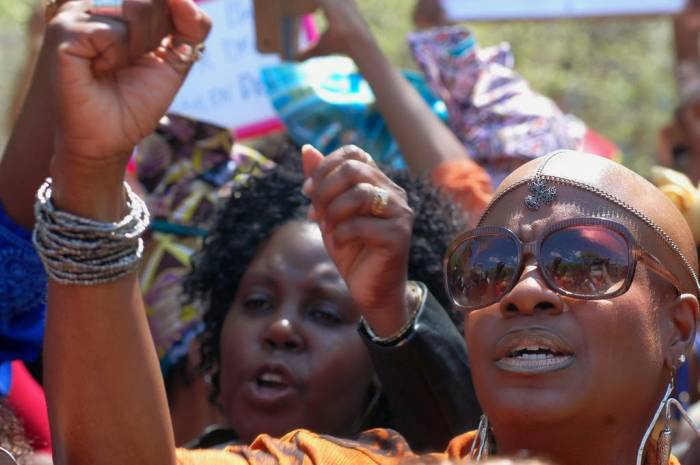
SEE ALSO: Samuel Eto’o Teams Up With Oxfam To Help Boko Haram Victims.







